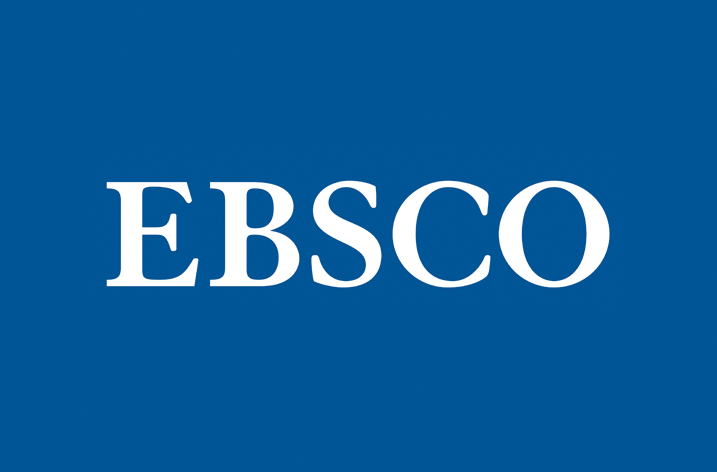
- Cambridge in massive expansion of Open Access agreements in the US
- Role as university press to promote sustainable transition from subscription model
- Transformative Agreements address risk of US research becoming less globally competitive
Cambridge University Press is leading the move to new Open Access (OA) journals publishing agreements in the United States through an unprecedented expansion of transformative “Read and Publish” deals.
The number of US institutions participating in such agreements will leap from 13 in 2020 to more than 140 in 2021 covering a diverse mix of organizations, including state university systems, liberal arts colleges, and major research universities. As a result, 25 per cent of US-originated research in Cambridge and society-owned journals can now be published OA at no additional cost to the researcher or institution.
The global landscape of academic journals publishing has undergone rapid change over the past decade and the recent move of several European nations and private funding bodies to mandate OA publishing from January 2021 will have global effects.
Publishers and institutions are partnering on innovative business models to support these developments, alongside the sustainability of the journals. One such model, the transformative Read & Publish agreement, pioneered in the US by the University of California system and Cambridge University Press, is now widespread among European institutions and set to increase significantly the global impact of European research.
Read and Publish agreements repurpose an institution’s existing subscription spend to provide opportunities for its researchers to publish their research OA. At European institutions where the Press has transformative agreements in place, an average of 70 per cent of researchers publishing in Cambridge journals are now choosing OA.
By comparison, no such comprehensive OA mandate exists in the Americas. In spite of this, OA advocates across the scholarly communications ecosystem have actively sought growth in OA to ensure US researchers can benefit from the increased impact it brings. As a not-for-profit university press, Cambridge University Press is ideally placed to collaborate with institutions in the US to drive forward a major step change in the amount of research that is openly available, as it has elsewhere in the world, and to affect real change within the journals publishing landscape.
“Given that 75 per cent of journal articles published OA have more citations than their non-OA equivalents, and are downloaded multiple times more often, US researchers could be disadvantaged if their research is behind a paywall,” says Brigitte Shull, Director of Scholarly Communications Research and Development at Cambridge University Press. “As the US is a major producer of high-quality research, it is a priority for the Press to find a path forward in OA that works for this important market. Our goal is to bring the benefits of Open Access to all researchers, in all countries and of all subject disciplines, maximizing impact and readership.”
Cambridge University Press sees Open Access as part of its mission and is a global leader in the transition to OA publishing, having agreements with almost 1,000 institutions across 34 countries.
“The sheer number of deals we have signed in the last year, against a tough economic back-drop, shows strong appetite and support for our push to transform our journals business to open,” says Chris Bennett, the Press’s Global Sales Director for Academic Publishing.
“We are committed to transitioning our research journals publishing to full OA by 2025 and Transformative Agreements are an essential element of this strategy, ensuring a sustainable future for OA journals. We have set this goal because we believe OA is better for researchers globally.
“We are working closely with US institutions to understand their specific needs, and as a university press, we have prioritised listening to the realities our customers are facing and finding solutions that work for them.”
“We know Read & Publish has great potential to boost OA output at sustainable cost, and librarians are adopting it because they see the opportunity it presents,” says Mandy Hill, Managing Director of Academic at Cambridge University Press. “We are seeking to extend the benefits of this new model to the US and Americas as soon as possible, but without active partnerships between institutions, publishers, and funders we will not make progress.
“Navigating Open Access can seem daunting, but it doesn’t need to be and our model shows what is possible.”























